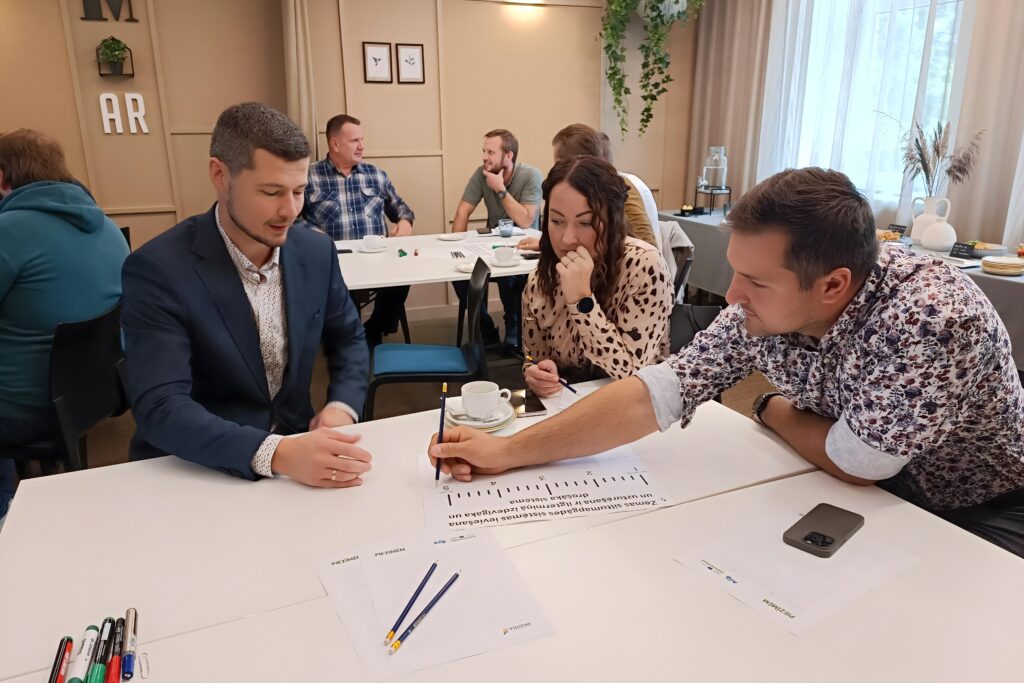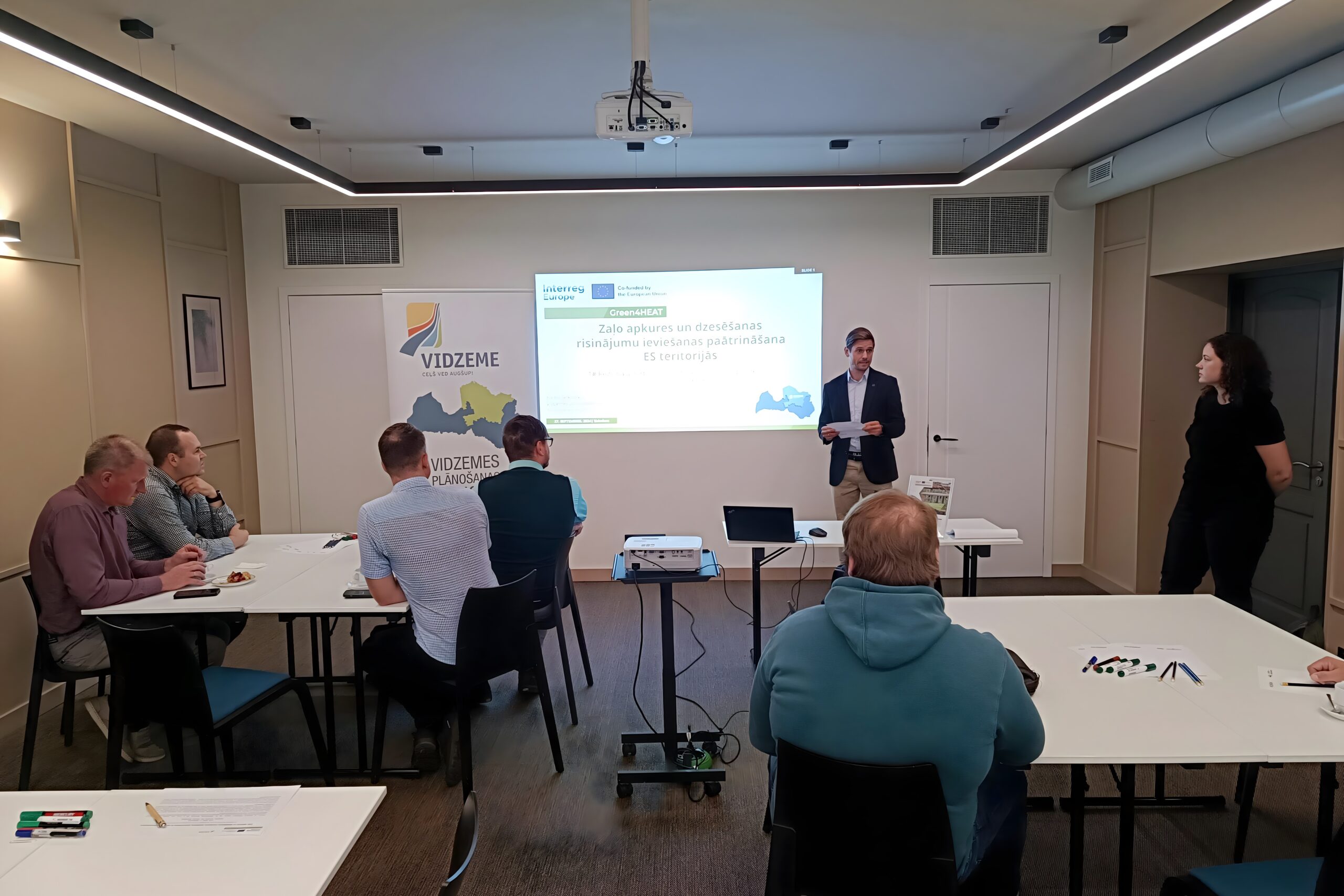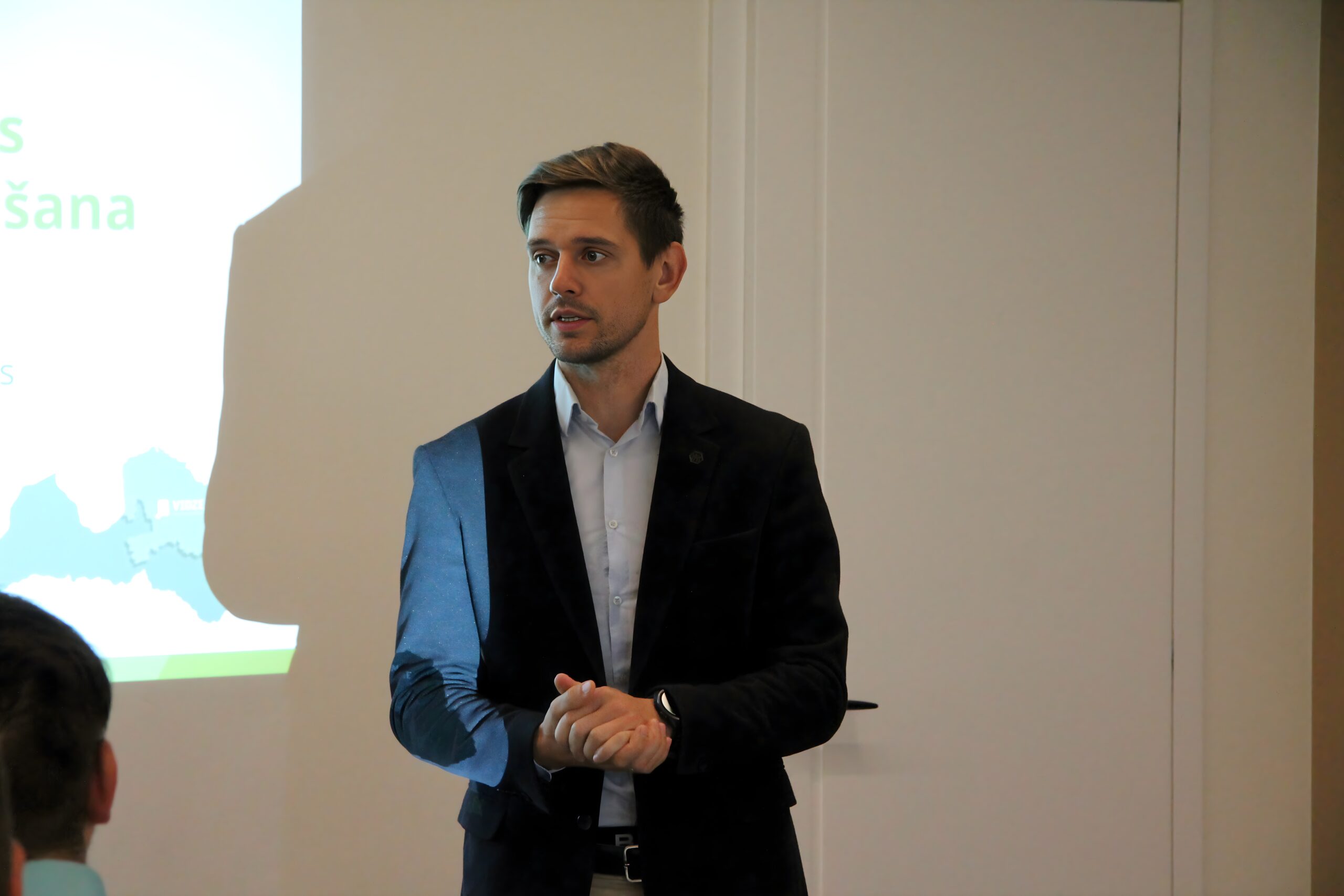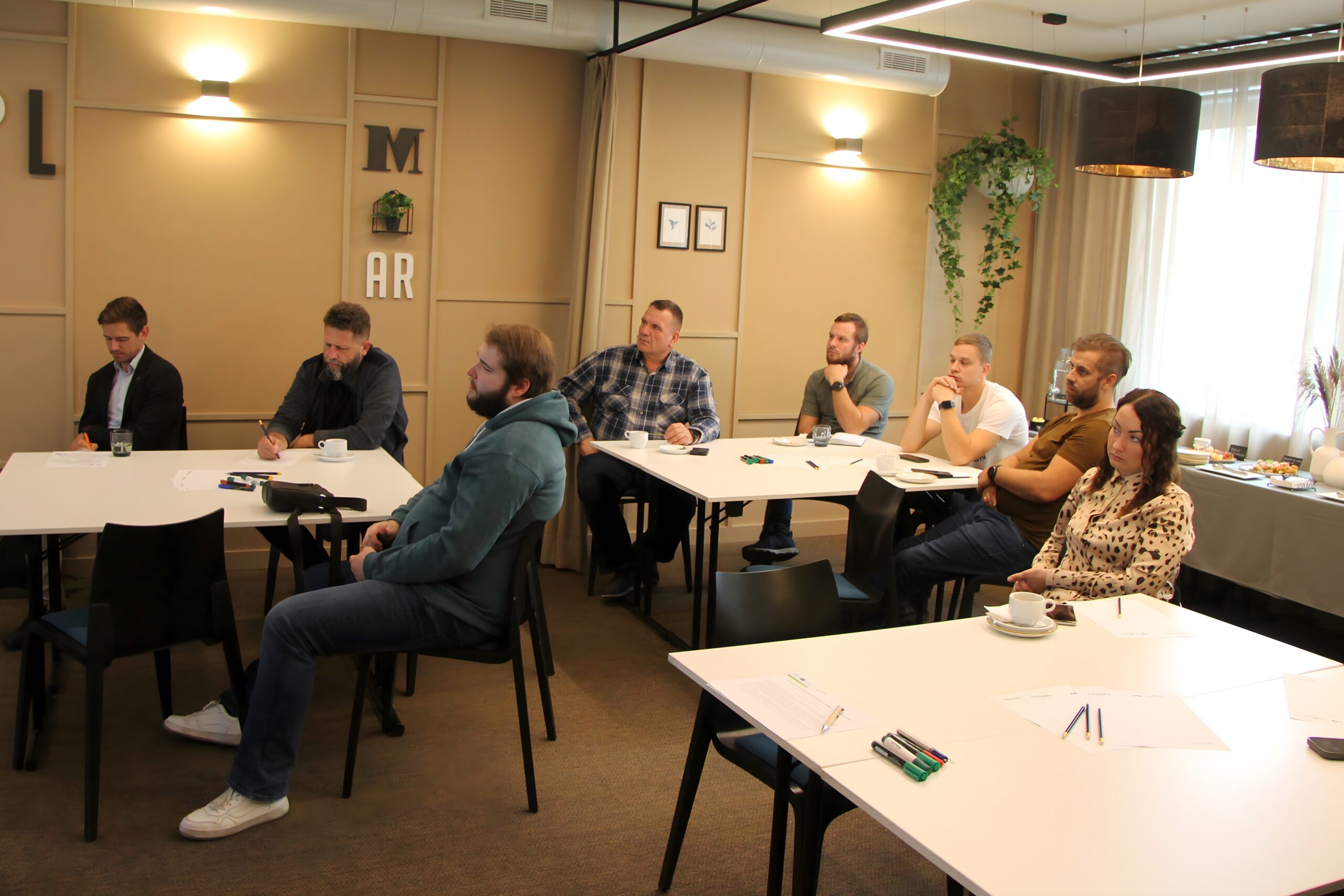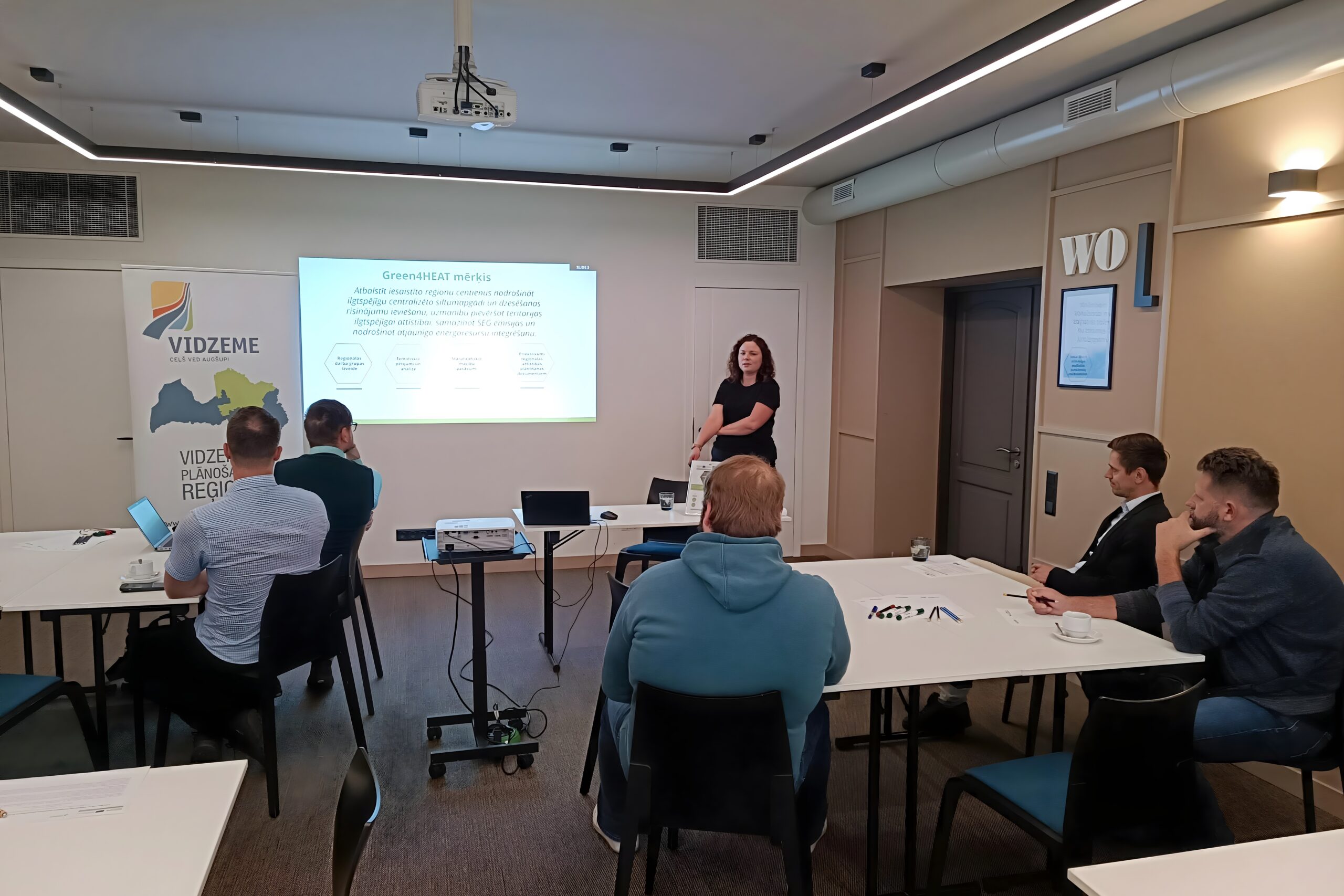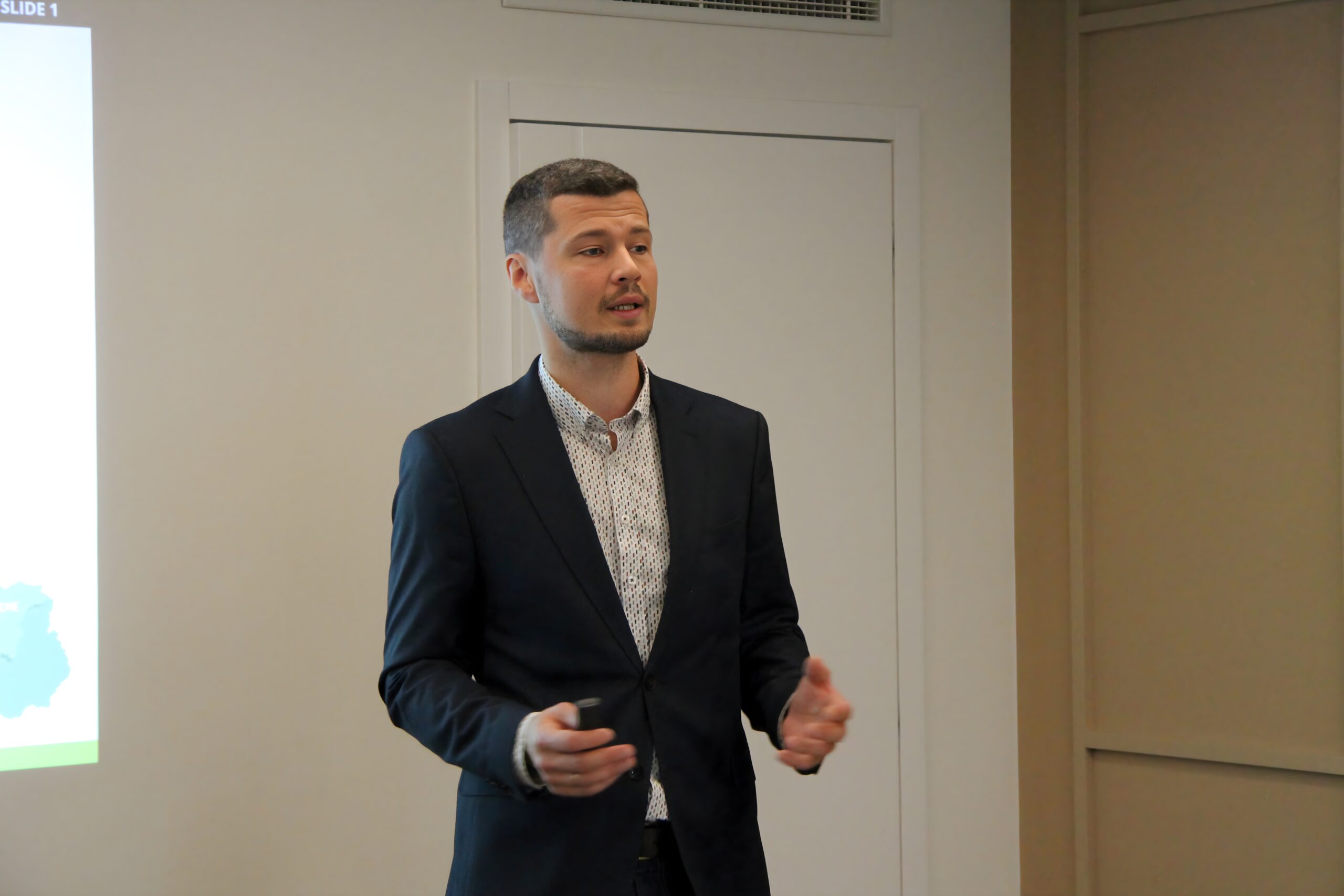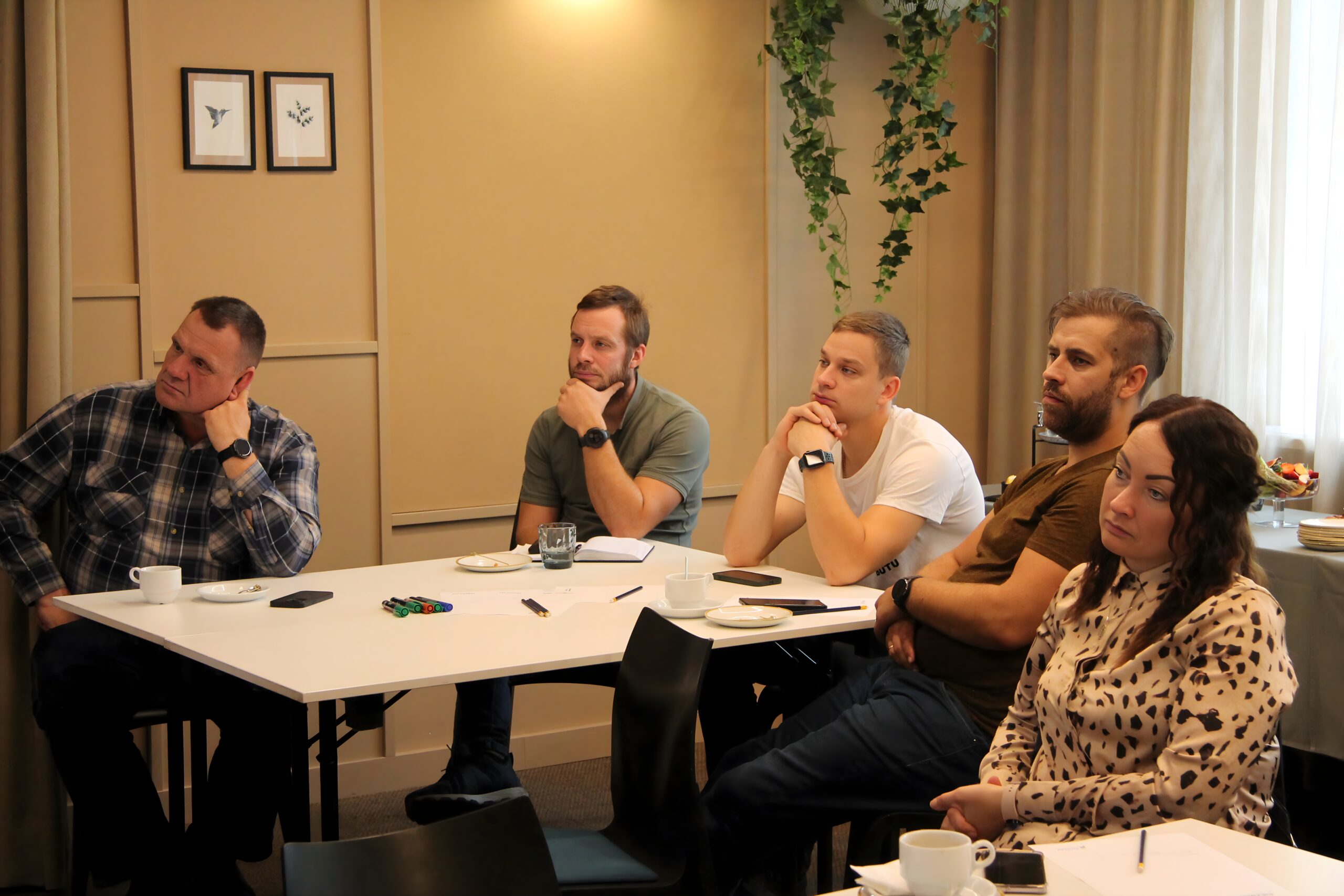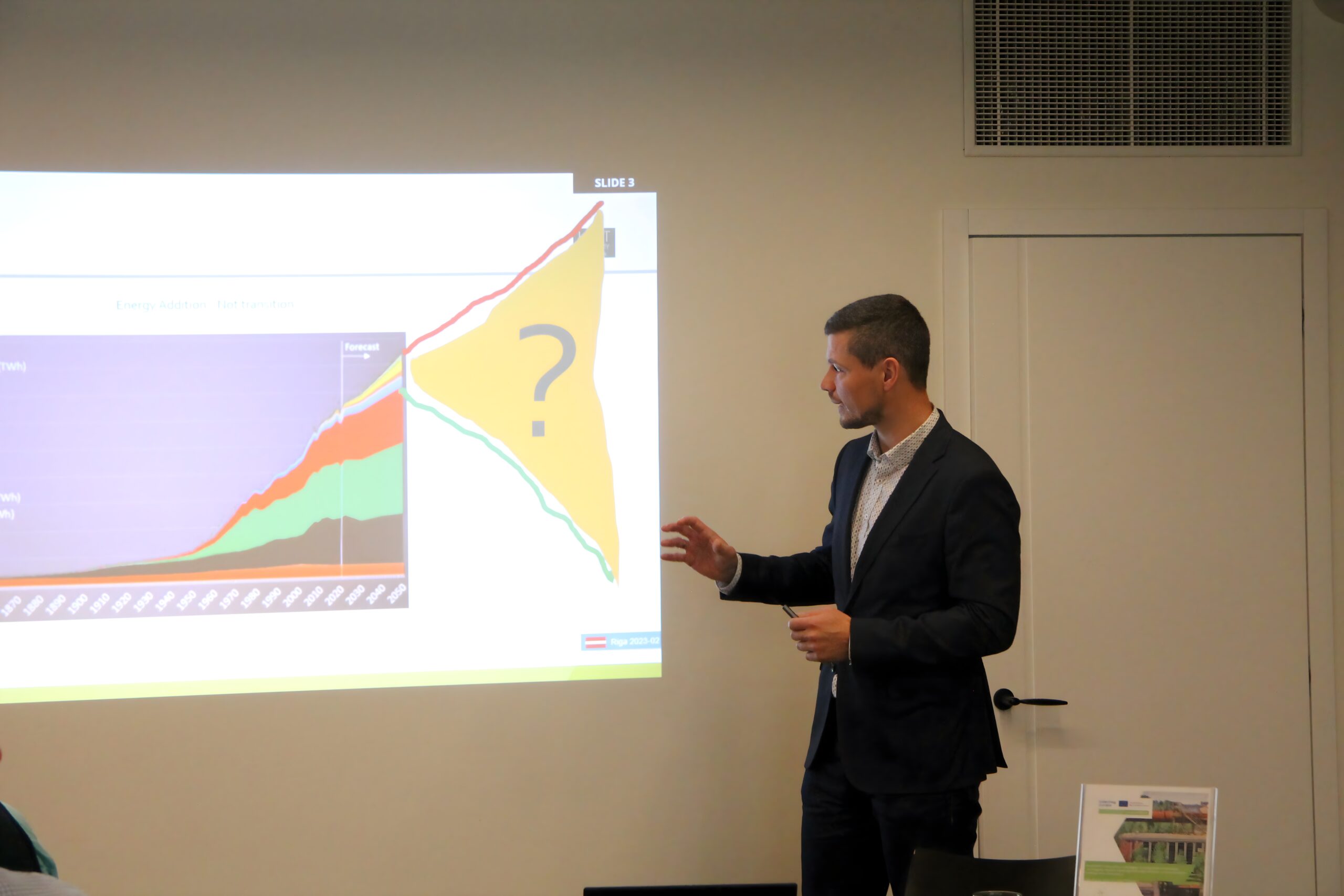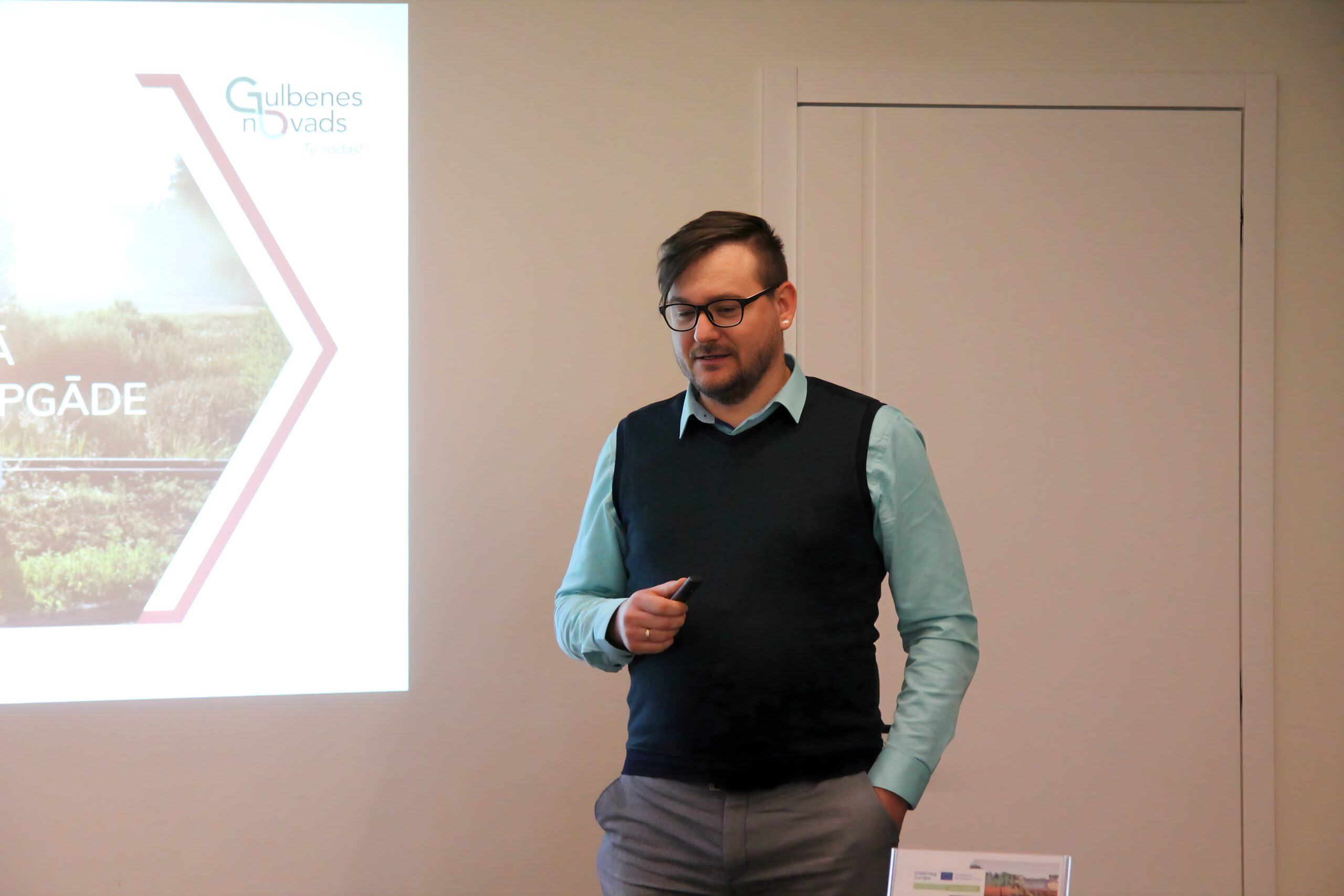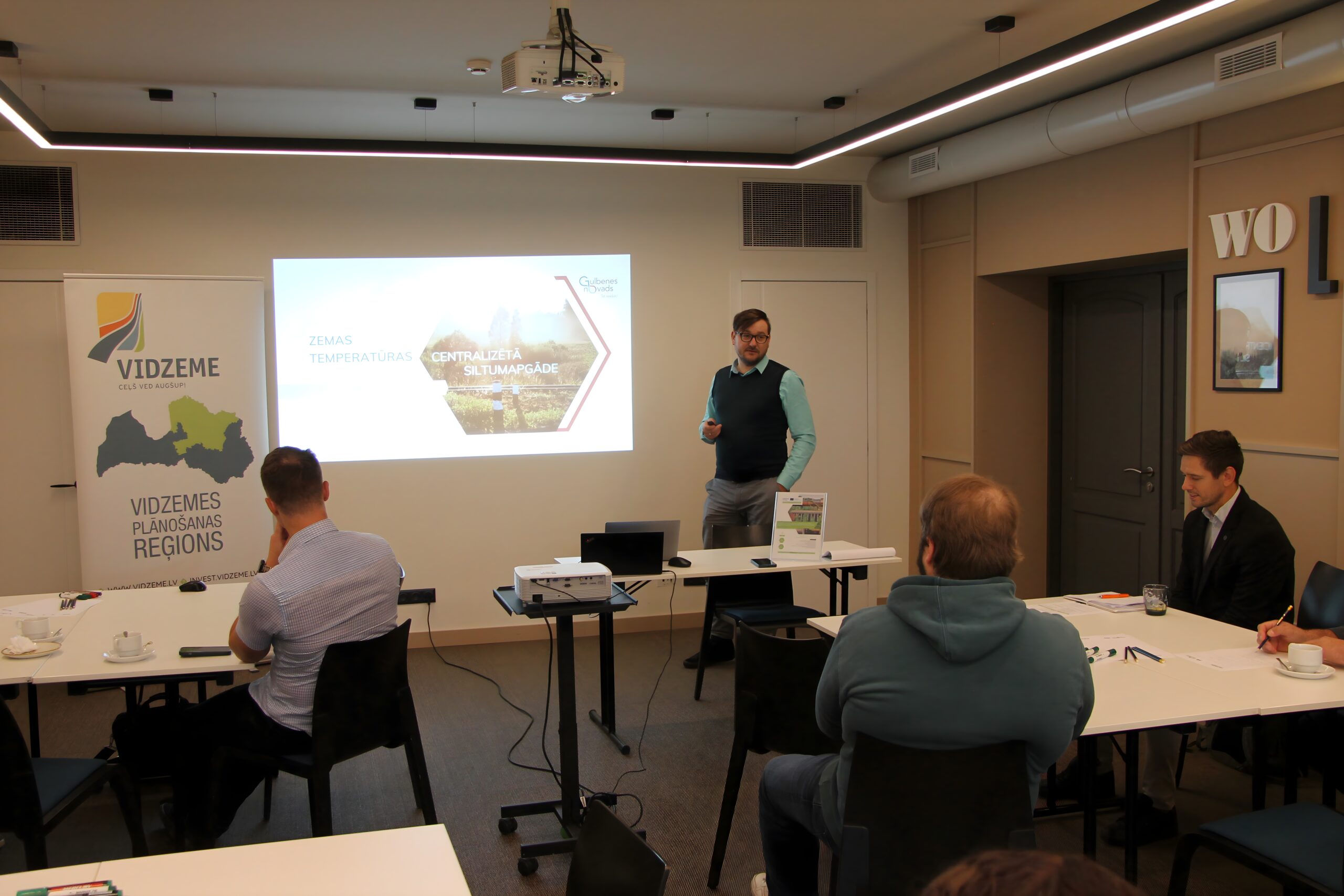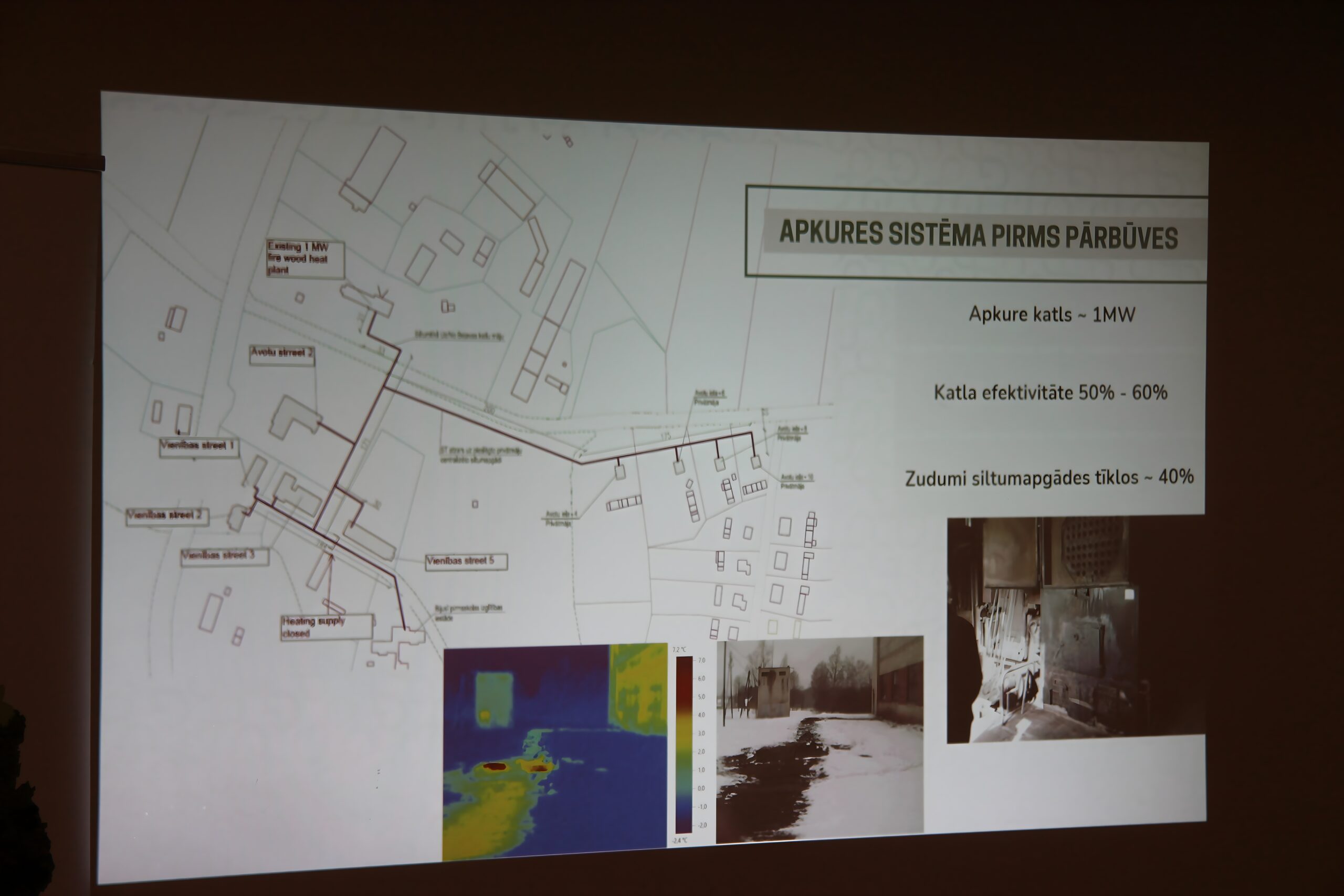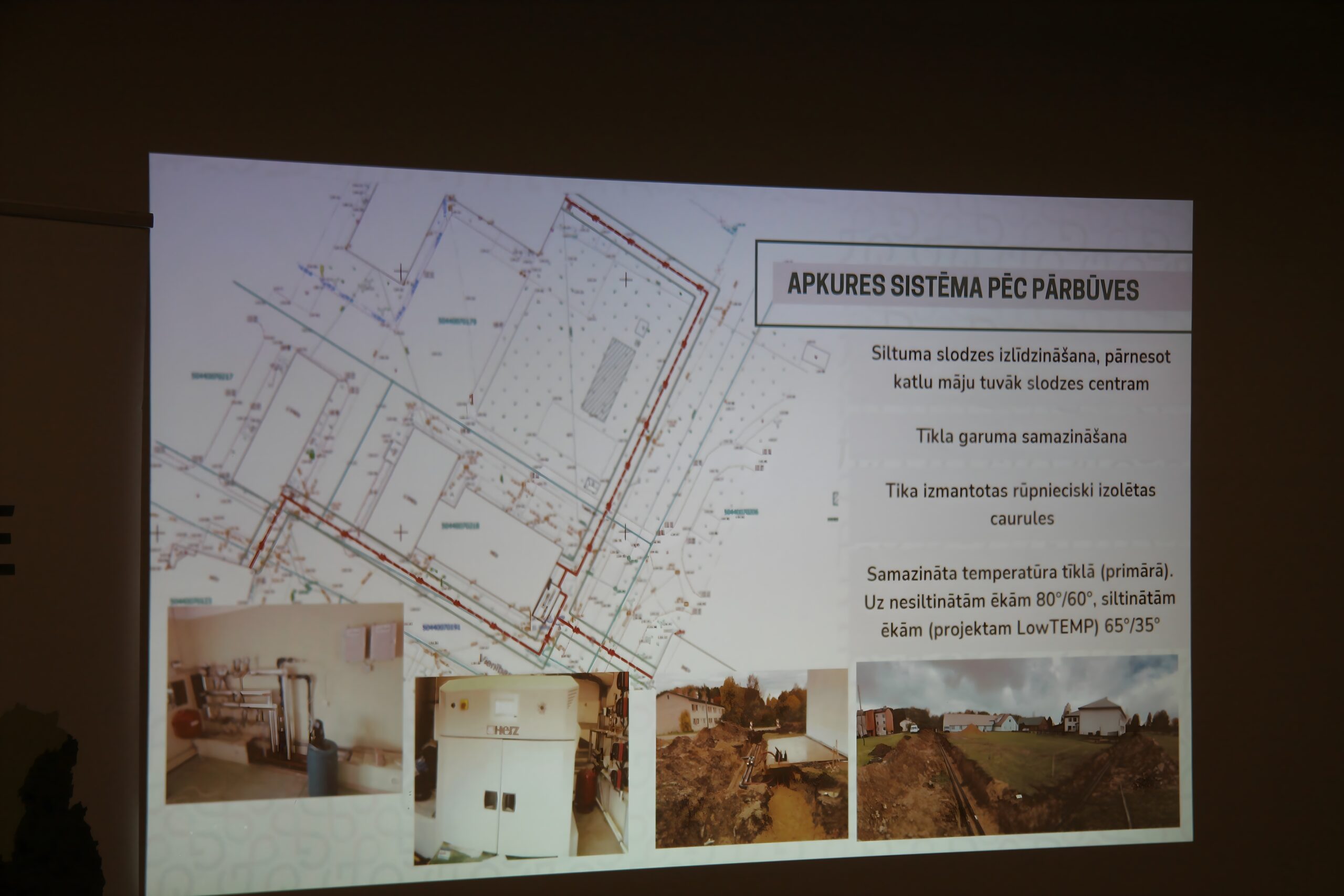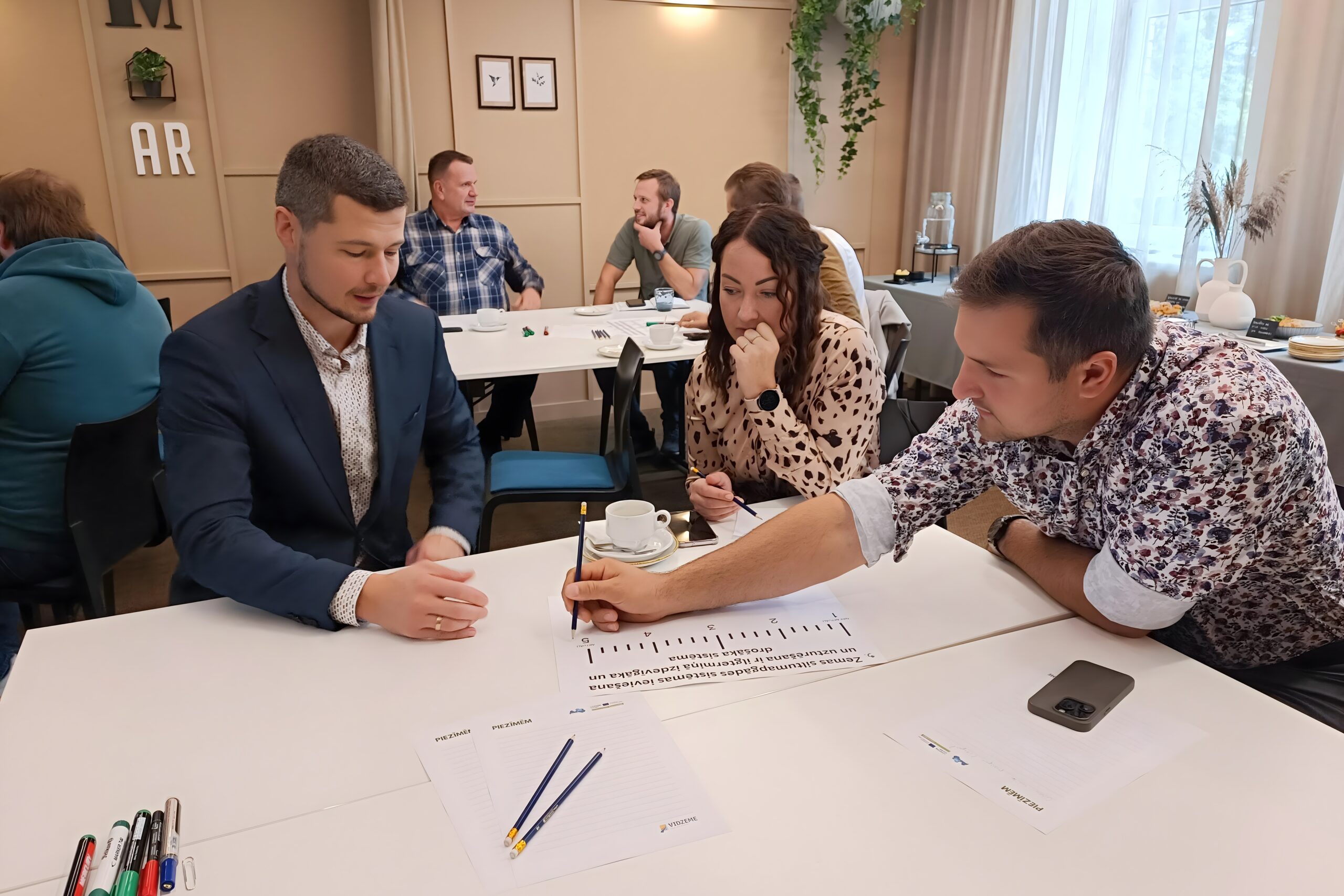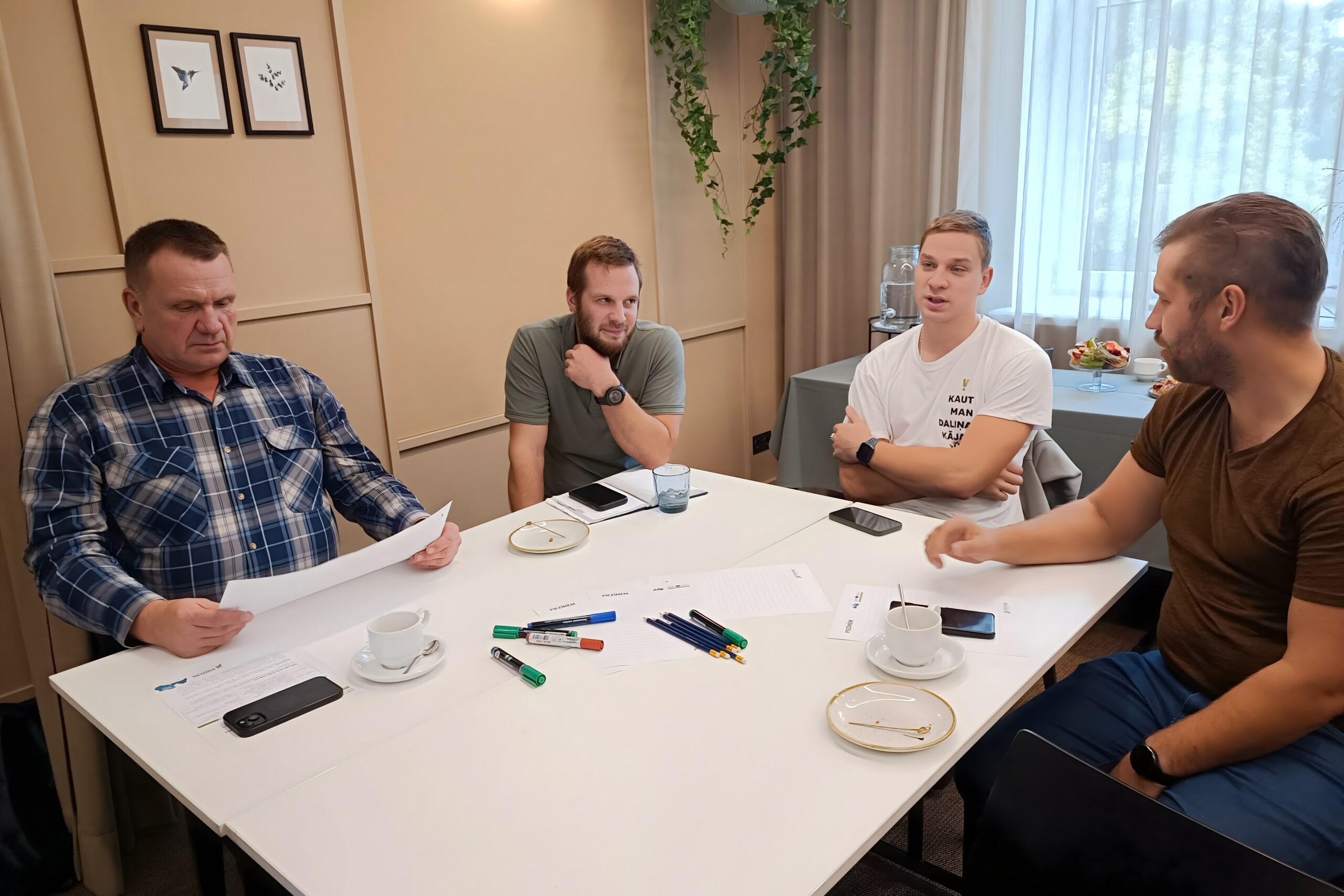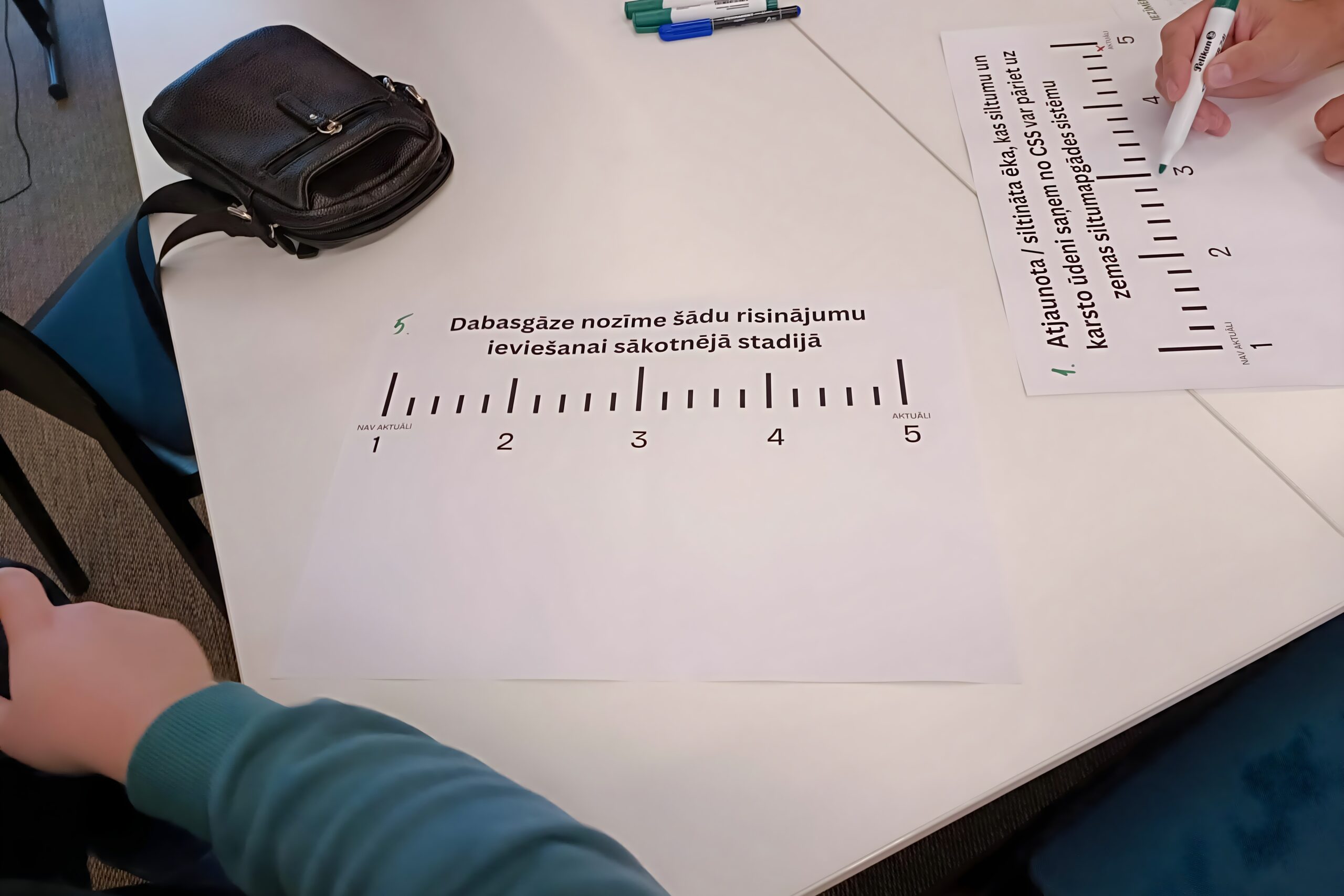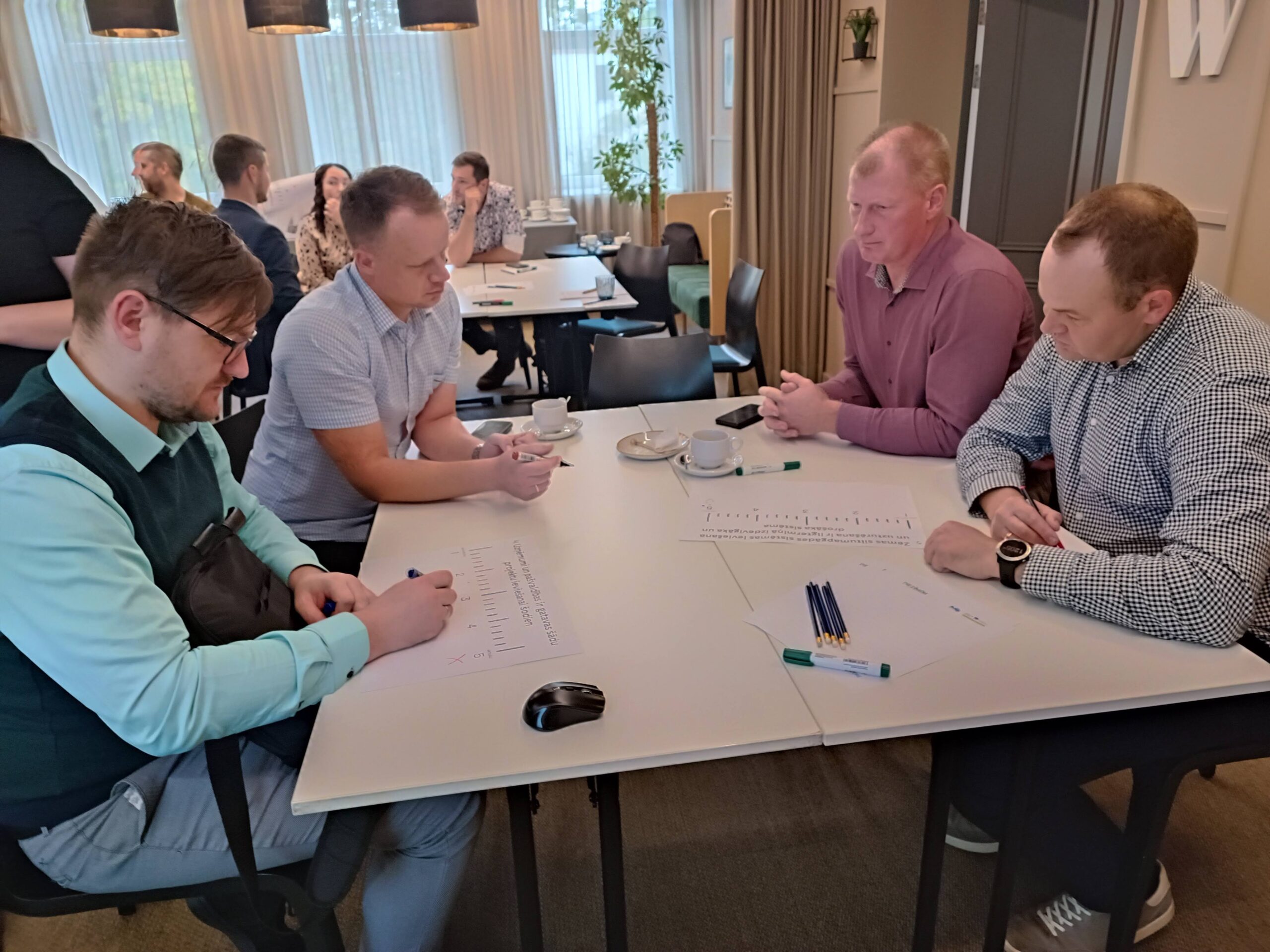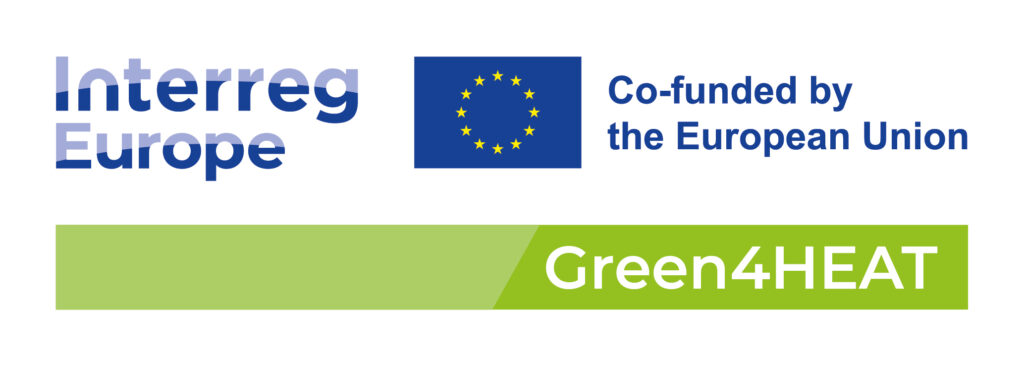On September 27, 2024, in Valmiera, the first regional working group in Vidzeme was held as part of the Green4HEAT project. The main goal of the meeting was to identify the challenges in transitioning to sustainable and green heating in Vidzeme. The working group, which brought together industry experts, municipal representatives, and researchers, served as a platform to discuss the opportunities and challenges of implementing low-temperature heating systems in the region.
The goal of Green4HEAT is to accelerate the implementation of sustainable heating and cooling solutions in EU territories, supporting regions in transitioning to low-temperature district heating networks. The project focuses on improved territorial heat planning, the use of renewable energy sources, and promoting investment in green technologies. It plans to foster collaboration among citizens by creating heating energy communities and organizing international training events that will facilitate knowledge exchange between participating regions and partners.
The event was opened by Baiba Šelkovska, project manager of the Vidzeme Planning Region, who highlighted the importance of this project for the region: “Although this project does not foresee direct investments in infrastructure, its value lies in providing a platform for discussions, information exchange, and dialogue on environmentally friendly and sustainable heating in Vidzeme. It can encourage municipalities, heat energy producers, and suppliers to actively focus on these solutions and change public attitudes towards the need to transition to greener heating solutions.”
She also pointed out that the Vidzeme region has already gained experience through participation in the LowTEMP project, where several pilot projects were carried out in Beļava village and Alūksne, showcasing the potential of low-temperature heating.
Professor Aleksandrs Zajacs from Riga Technical University provided an in-depth technical review of low-temperature heating systems in Latvia. He explained that although Latvia’s climate and infrastructure require maintaining a certain temperature level in heating systems (at least 60 degrees), it is possible to gradually transition to lower temperatures with the right technologies. He emphasized that by lowering the temperature in heating systems, renewable energy sources such as heat pumps, solar collectors, and industrial process heat surpluses can be integrated.
He noted that the main challenge is the renovation of existing buildings and the adaptation of heating systems. Low-temperature heating can work effectively in insulated buildings, while in unrenovated buildings, it would be more complex and economically unviable. “We need to work on divided heating systems where different buildings receive heat at an appropriate temperature to maintain energy efficiency and reduce heat losses,” said A. Zajacs.
Krišjānis Upāns, a representative of the Gulbene municipality, shared his experience with the pilot project in Beļava village, which was implemented under the LowTEMP project. He highlighted that the heating system introduced in Beļava significantly reduced heat losses from 40% to 5% thanks to a more efficient boiler house operation and the modernization of district heating networks. “The results of the pilot project clearly demonstrate that low-temperature heating systems are not only effective but also sustainable,” he emphasized.
K. Upāns also pointed out that in renovated buildings, low-temperature heating systems operate efficiently and are economically beneficial, while in unrenovated buildings, this would be more difficult. He stressed that such projects are important not only for improving energy efficiency but also for enhancing the well-being of local communities.
During the meeting, participants agreed that low-temperature heating systems in Latvia should operate at temperatures between 65-70 degrees, which is optimal for both heating and hot water preparation without risks such as the spread of Legionella bacteria.
It was emphasized that successful implementation of low-temperature heating systems requires close cooperation between all parties – heat energy producers, suppliers, and consumers. All stakeholders need to work together to create reliable and efficient infrastructure. Additionally, improving end-user – resident – awareness and understanding of low-temperature heating systems is crucial to create demand for such systems and promote a societal shift towards more environmentally friendly solutions.
Participants expressed positive feedback about the working group’s progress and insights gained. Several participants noted that the meeting was valuable as it provided a better understanding of the need to transition to lower temperatures not only for smaller systems but also for larger district heating infrastructures. They expressed a willingness to actively engage in further development of this issue. Those previously involved in the LowTEMP project expressed satisfaction, noting that the energy efficiency community in Vidzeme is active and ready to take the next steps towards promoting sustainable energy management in the region.
The Green4HEAT project is closely aligned with the long-term strategic documents of the Vidzeme Planning Region. The Vidzeme Planning Region’s Sustainable Development Strategy until 2030 and Development Program until 2027 highlight the region’s priorities in advancing towards a low-carbon economy, efficient resource use, and the implementation of environmentally friendly technologies. These planning documents particularly emphasize the need to promote energy efficiency solutions that help reduce dependence on fossil fuels and integrate renewable energy sources.
During the project, recommendations will be prepared for municipalities and heating companies, providing guidelines on how to promote the implementation of sustainable heating systems in the region. This will not only drive technological changes but also shift attitudes within society, creating greater demand for environmentally friendly and sustainable heating systems.
The project “Accelerating the uptake of green heating and cooling solutions across EU territories” (Green4HEAT) is being implemented within the Interreg Europe cross-border cooperation program from 2021 to 2027. Its goal is to support the efforts of participating regions to ensure the adoption of sustainable district heating and cooling solutions, focusing on the territory’s sustainable development, reducing greenhouse gas emissions, and ensuring the integration of renewable energy sources. We invite you to follow the project’s activities on the VPR website at www.vidzeme.lv and on social media – Facebook and LinkedIn.
This publication has been prepared with the financial support of the European Union. The Vidzeme Planning Region is fully responsible for its content, which cannot be used to reflect the views of the European Union.

